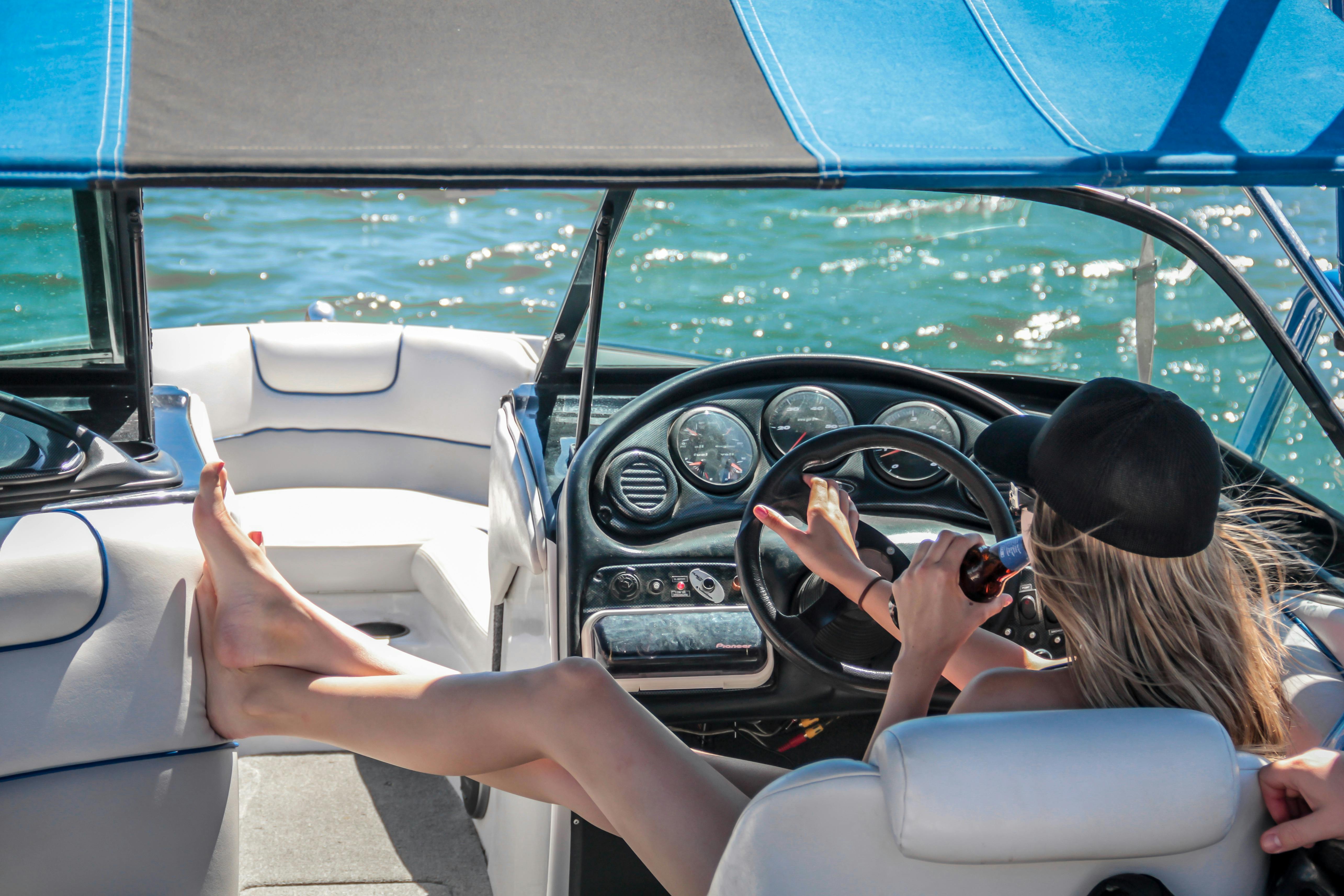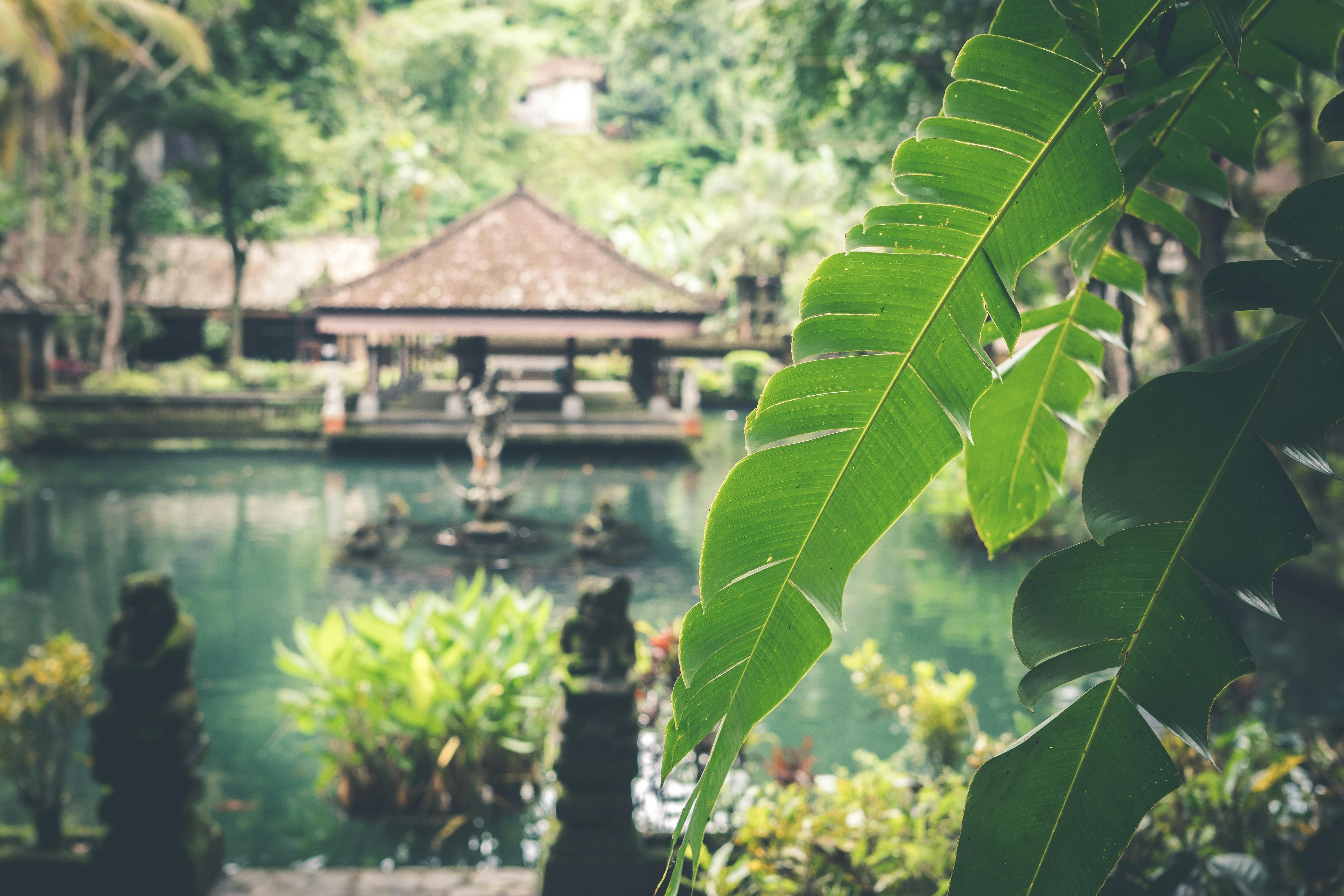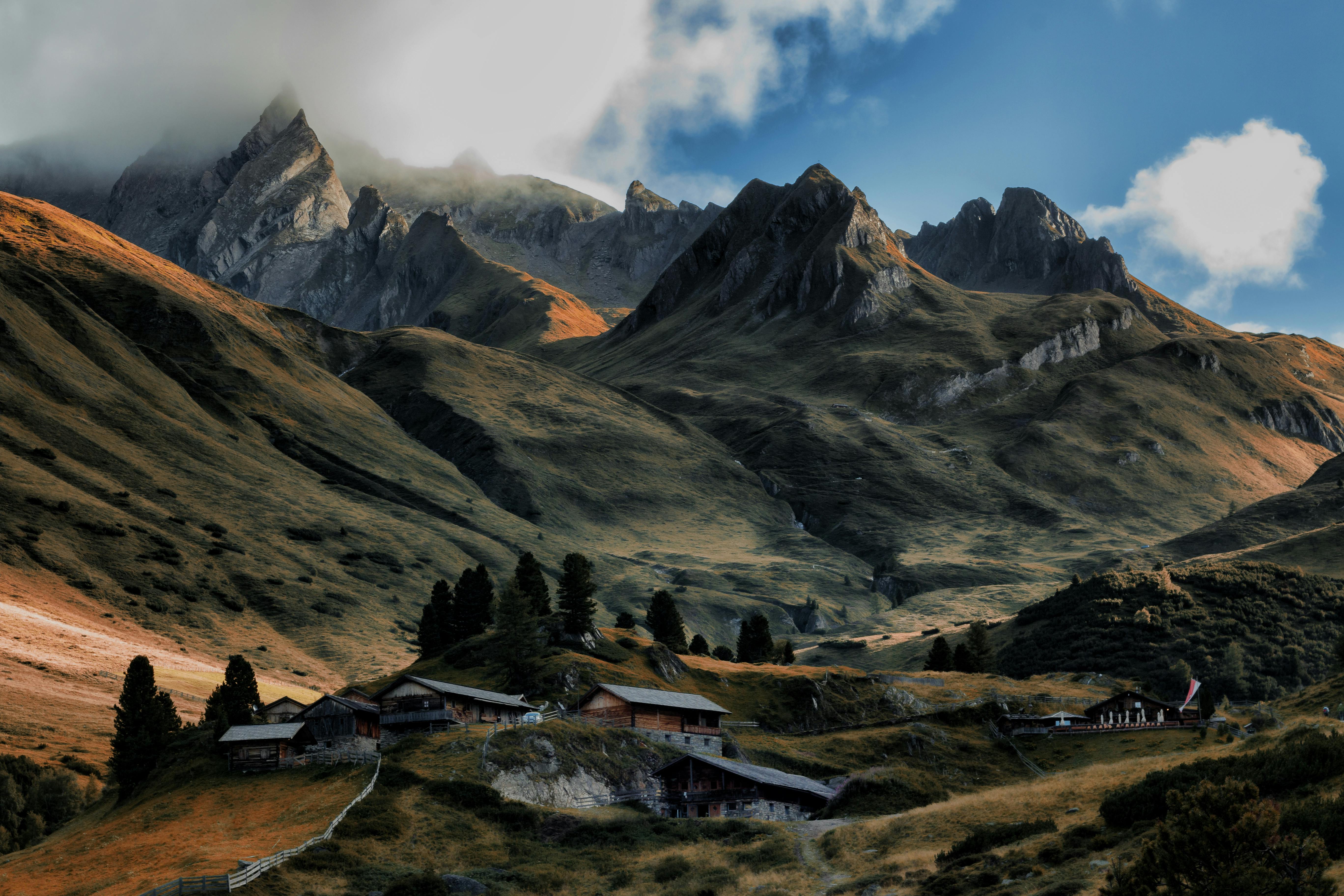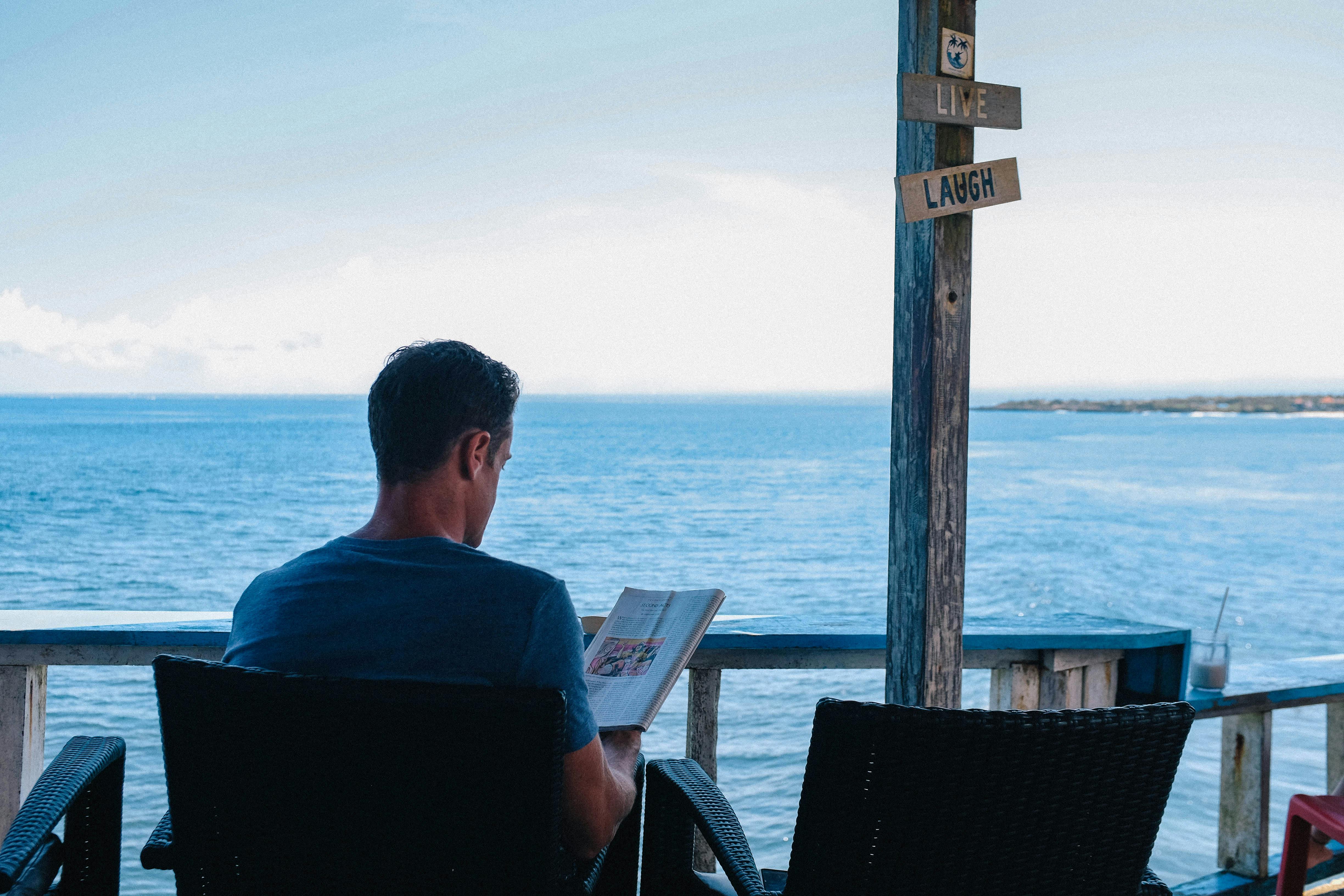Ho Chi Minh City is the largest city in Vietnam. The city center is situated on the banks of the Saigon River, 37 miles (60 kilometers) from the South China Sea and 1,094 miles (1,760 kilometers) south of Hanoi, the capital of Vietnam.
Over the past decade, Vietnam has been improving its legal infrastructure, banking systems, and overall economic and social environment. On January 11, 2007, the country became the 150th member of the World Trade Organization. Today, the local business community is just as excited about the country’s growth and future potential as foreign investors. In fact, foreign direct investment in Vietnam is expected to reach US$15 billion in 2008, more than double that of the same period in 2007.
Ho Chi Minh City is the financial center of Vietnam with more than 300,000 businesses in industries such as technology, electronics and construction. It is a fast-paced city that is growing rapidly both in terms of its industry and its population. The city’s vibrant culture and historic atmosphere, combined with an upbeat workforce (many of whom have no direct memory of the war with the United States that ended in 1975), have catapulted the city into one of the world’s fastest growing economies. rapid growth in Asia.
The metropolitan area, consisting of the city center and surrounding cities, is home to more than 9 million people, making it the largest metropolitan area in Vietnam and Indochina. Walking through the streets of Ho Chi Minh, one gets a feeling of modernity mixed with the traditional Asian atmosphere.
The local language is Vietnamese, but English is spoken almost everywhere. All foreign restaurants have English speaking staff and most taxi drivers speak a little English. Street and store signs are in Vietnamese. Learning at least a little Vietnamese will make life easier and the locals will appreciate the efforts to do so.
All foreign visitors must obtain a visa. A foreigner who comes to live and work in Vietnam usually obtains a visa through their sponsoring organization. For a work visa of three or six months, a passport and a letter of invitation or assignment must be presented. The passport with a relevant visa is the most important document for a foreigner in Vietnam. It is recommended that all visitors register with their local consulate or embassy upon arrival in Ho Chi Minh City.
The local currency is the Vietnamese Dong (VND). The dong comes in bills and coins, ranging from 200 to 500,000 VND. It is advisable to bring US dollars to Vietnam and exchange them upon arrival. US dollars can be used and exchanged, although the dong is the most widely used form of payment for everyday purchases such as groceries. Larger establishments accept credit cards, but will charge a 3-5% service charge. The smaller local markets only accept cash.
There are many foreign banks in Ho Chi Minh City and accounts are easy to open. Most banks are open Monday through Friday from 8 am to 3 pm. Automated Teller Machines (ATMs) are available 24 hours a day throughout Ho Chi Minh City.
For expats looking for housing in Ho Chi Minh City, proximity to schools and degree of security are the most important issues. Most expats choose to live in expat communities. Within Ho Chi Minh City there is a mix of old French-style villas and modern serviced apartments. Expats looking to live in houses tend to live outside the city, where there are larger villas with elaborate gardens and swimming pools. International schools are also located in these areas outside of the main city. Expats usually rent their houses. Rental agreements require a deposit equal to three months’ rent and the tenant must pay six months’ rent in advance.
Utilities are extra and will need to be paid for separately and usually in cash. Furnished homes are decorated to suit the owner’s taste, and those styles may not appeal to the typical expat. It is sometimes possible and becoming more common to negotiate with owners of unfurnished properties and buy furniture to your liking, depending on the length of your lease.
Ho Chi Minh City is not, in general, a dangerous city. However, petty theft and home invasions worry many expats. A home security system is not very expensive and is recommended.
International schools are very popular with expats from Ho Chi Minh City. British, Australian, French, Japanese and Korean international schools are available but can be quite expensive. There are many to choose from, but it can be difficult to secure a spot. The British International School and Ho Chi Minh City International School have pre-school programs. The school year begins in late August and ends in early July.
The water in Ho Chi Minh City is not safe to drink from the tap, but it is more than safe for brushing teeth and washing dishes. Bottled drinking water is delivered to the home or purchased from a store. “Pharmacy” in Vietnamese is “Nha Thuoc Tay” and they can be found all over the city. The Vietnamese word for “doctor” is “Bac Si”.
Travelers to Vietnam are recommended to have a variety of vaccinations such as hepatitis A and B, Japanese encephalitis, and typhoid, in addition to malaria capsules. Visitors should bring an extra supply of prescription medications as they can be hard to come by in Vietnam. Healthcare facilities in Ho Chi Minh City are limited, but are constantly improving with the opening of international clinics.
There are some foreign health care providers that have different things to offer. These include International SOS, Columbia Saigon Clinic and the Franco/Vietnamese Hospital. If the scope of care needed goes beyond what is offered in Ho Chi Minh City’s foreign hospitals, visitors may be evacuated to Singapore or Thailand. It is recommended that all visitors research this information as soon as they move into their new home.
The rapid growth of the city has created unbearable traffic throughout the city. Since traffic laws are not strictly enforced and driver education is limited, patience on the roads is a must. Visitors who wish to drive will need to obtain a Vietnamese driver’s license. Expats usually have their own car and driver. People drive on the right side of the road. Ho Chi Minh City has buses, but they are very crowded.
Motorcycles are by far the most common means of transportation. It is not uncommon to see entire families on a motorcycle. They make crossing the street incredibly difficult. Visitors must be confident to find a gap in traffic, make eye contact with oncoming drivers, and cross slowly, always walking forward, without hesitation, and without stepping back.
For travel outside the city, there are trains leaving every day and rental cars are available. Taking a mini bus is another option. These are small, air-conditioned and clean.
Expats may want to bring their favorite designer clothing, cosmetics, and sporting goods, as genuine items are hard to come by in Vietnam. There are more options for shopping in Ho Chi Minh City than in other cities. For oversized clothing or shoes, it is recommended that expats bring enough clothing for their entire stay. Finding clothing that fits can be very challenging, although custom tailoring is an option.
Serviced apartment stores sell foreign items. Local markets are used for fresh dairy products and produce where bargaining is the norm. It’s a good idea to learn numbers in Vietnamese, and it’s best not to seem too interested in an article. When negotiating, one must make an offer and walk away if it is not accepted. If the seller changes his mind, he will call the person back. A good rule of thumb when negotiating is to counteroffer half the originally offered price and then negotiate to a midpoint. Besides, a smile goes a long way!
Counterfeit merchandise, from handbags to mineral water, is everywhere in Ho Chi Minh City. It is better to buy these items from department stores or other official retailers rather than from street vendors. For other household items, such as cleaning supplies and home furnishings, Ben Thanh Market and Diamond Plaza are two places to look for such items in Ho Chi Minh City. Ben Thanh Market is home to everything one might need such as clothes, shoes, home furnishings, souvenirs, as well as very interesting fruits, vegetables and other foods.
Spouses are allowed to work, however finding employment can be difficult. In addition, there are specific professional associations for women. For recreation, joining a golf and tennis group is a popular option. Bars and restaurants are popular meeting places. In addition to expat groups, clubs such as International Ladies of Vietnam, Amicale des Francais (a French association), and various business organizations are very popular.
Playing or watching sports, traveling to local beaches, and riding carts are also among the favorite diversions of children in the city. School-related activities are great for teens looking for something to do. Clubs and sports activities are very, very popular. One can enjoy tennis, squash, swimming, badminton and rugby (Australian rules) are just a few.



